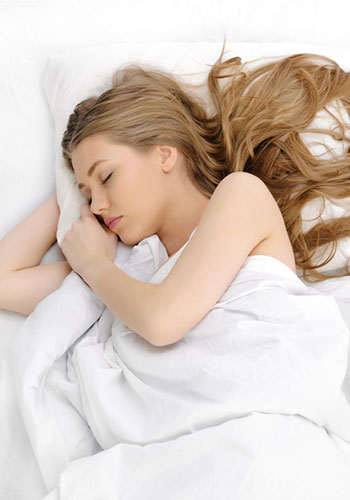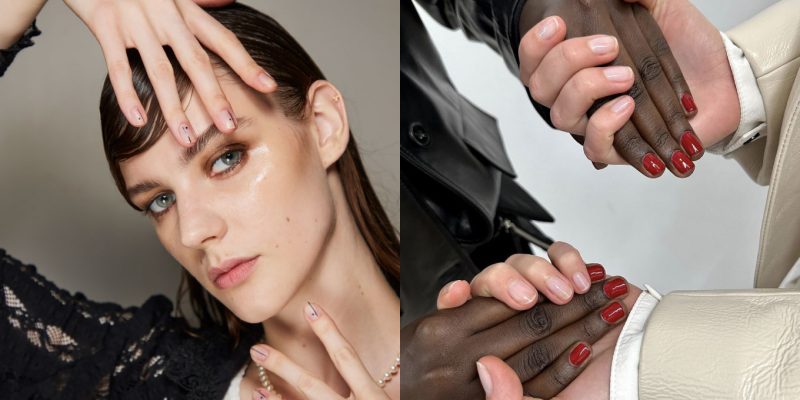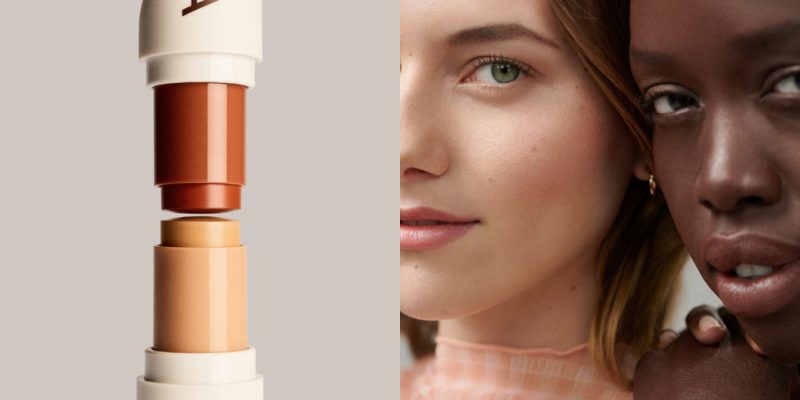Makeup & nails
10 ways to boost your beauty sleep, now
Tired of counting sheep? Score your best beauty slumber with these expert tips.
by : Renee Tse- Oct 24th, 2014

Do you start each morning hitting the snooze button one too many times, throwing back 2-3 cups of coffee before 11 AM and convinced you’re not a morning person? Chances are you’re not getting the restful sleep you should be having each night. We talked to obesity medicine Dr. Yoni Freedhoff, author of The Diet Fix, and Joy McCarthy, holistic nutritionist and creator and author of Joyous Health, to talk all things sleep. You’ll be snoozing like Sleeping Beauty in no time.
1. Prioritize sleep: “Just as exercise and eating well are on most people’s health to-do list, sleep should be too,” says Joy McCarthy. Sticking to a routine is helpful. “Just like with children, if you have a regular sleep and wake time you are more likely to have quality sleep,” advises Dr. Yoni Freedhoff.
2. Stop snacking: Sleeping with a full stomach is never the most comfortable thing. “Do not eat within two hours before sleeping,” suggests McCarthy. “Melatonin, our sleep hormone, will not secrete if there is a meal in our belly affecting our sleep quality.”
3. Lower the lights: Breaking up with your iPhone before bed seems impossible but thanks to circadian rhythm screen adjustment apps like F.Lux and Twilight, your laptop and smart phone can automatically decrease the brightness of the screen as the day progresses. That will help your body fall adjust to its natural circadian rhythm and produce melatonin, which is involved with good sleep patterns.
The best eye rollers for tired eyes
4. Sleep in your birthday suit: “Your body temperature decreases when it’s time to rest. This set point cannot be achieved if it’s too hot in the room or if you have too many clothes on,” says McCarthy. “Instead, sleep naked and set your thermostat to 20ºC.”
5. A Cinderella curfew: According to McCarthy, non-Rapid Eye Movement sleep (aka the most restful kind of sleep) usually occurs between 11PM and 3AM. “The sleep you get before midnight is extremely important to keep your circadian rhythms in check,” she says. “It’s also important to sleep when it’s dark.”
6. Apply the beauty mineral: “Magnesium is a wonderful mineral to help you have a restful sleep because it relaxes the nervous system,” says McCarthy. “When you’ve had a nourishing sleep, you can totally see it written on your face!”
7. Avoid caffeine and alcohol: As much as we love to channel Olivia Pope with a glass of Shiraz, alcohol in the evening should be avoided, says Dr. Freedhoff. “Small quantities will decrease our bodies restorative sleep,” he says. “It may help us fall asleep, but it then actually wakes us up more.” Unfortunately, this relates to caffeinated drinks too. “Caffeine is something that has a very long half-life,” he continues. “Even if you are drinking it in the early afternoon, especially if you drink large quantities, there will still be a lot left in your system by bedtime.”
8. Stress release: A quality sleep decreases stress on your body, which results in a better sleep the next night. “Having a poor night sleep increases your body’s cortisol levels, which can have a lot of different impacts on different parts of the body,” warns Dr. Freedhoff. Boost your relaxation potential by listen to relaxing music or meditating before bed.
9. It takes two: Whether we realize it or not, how your partner sleeps affects you. If you’re tired of their disruptive sleep habits (ahem, snoring), Dr. Freedhoff suggests getting them tested for sleep apnea. “When treated, it will leave people feeling refreshed and healthier.”
10. It’s all in your head: It’s all about the morning after. “I think we can get a little bit hung up about how many times we woke up or how long we slept,” says Dr. Freedhoff. “When more important is probably the quality of the sleep itself and how you feel subjectively the next morning.”
READ MORE:
Beauty tricks for tired eyes
Your all-star skin care ingredients
Skin care trends from around the world
Newsletter
Join our mailing list for the latest and biggest in fashion trends, beauty, culture and celebrity.
Read Next

Fashion
These Will Be 2025’s Biggest Wedding Dress Trends
Dropped waists, bridal bows and bubble hemlines for the 2025 brides.
by : Lauren Knowles- Apr 16th, 2024

Fashion
16 Mother's Day Gifts for Every Type of Mom
From the loveliest spring fragrances to sentimental gifts she'll never stop loving.
by : Melissa Fejtek- Apr 16th, 2024

Culture
This University Elevates Women to New Professional Heights
You shouldn’t have to pause your life to move forward in your career.
by : ELLE Canada- Apr 16th, 2024




